In the competitive landscape of online businesses, Search Engine Optimization (SEO) plays a pivotal role in determining visibility, traffic, and ultimately, SUCCESS. SEO isn’t just a buzzword; it’s a fundamental strategy that can make or break your online presence.
In this blog post, we’ll delve into the common factors that hinder SEO progress and provide actionable strategies to overcome them. From technical issues to content quality and backlink profiles, we’ll explore the roadblocks that may be holding your website back from reaching its full potential in search engine rankings.
Readers can expect to gain insights into the importance of SEO progress for online businesses, understand the key factors that may be impeding their SEO efforts, and learn practical tips and strategies to improve their website’s SEO performance.
Importance of SEO Progress
SEO progress is crucial for online visibility and success as it determines where your website ranks in search engine results pages (SERPs). With higher rankings, your website is more likely to attract organic traffic, leads, and conversions.
Statistics reveal that websites appearing on the first page of Google search results receive the majority of clicks, with the first three organic results accounting for over 75% of clicks. Furthermore, businesses that invest in SEO see a significant increase in website traffic, leads, and revenue.
1. Technical SEO Issues
Common technical issues such as slow page load speed, mobile optimization issues, and broken links can hinder SEO progress by affecting user experience and search engine crawlability.
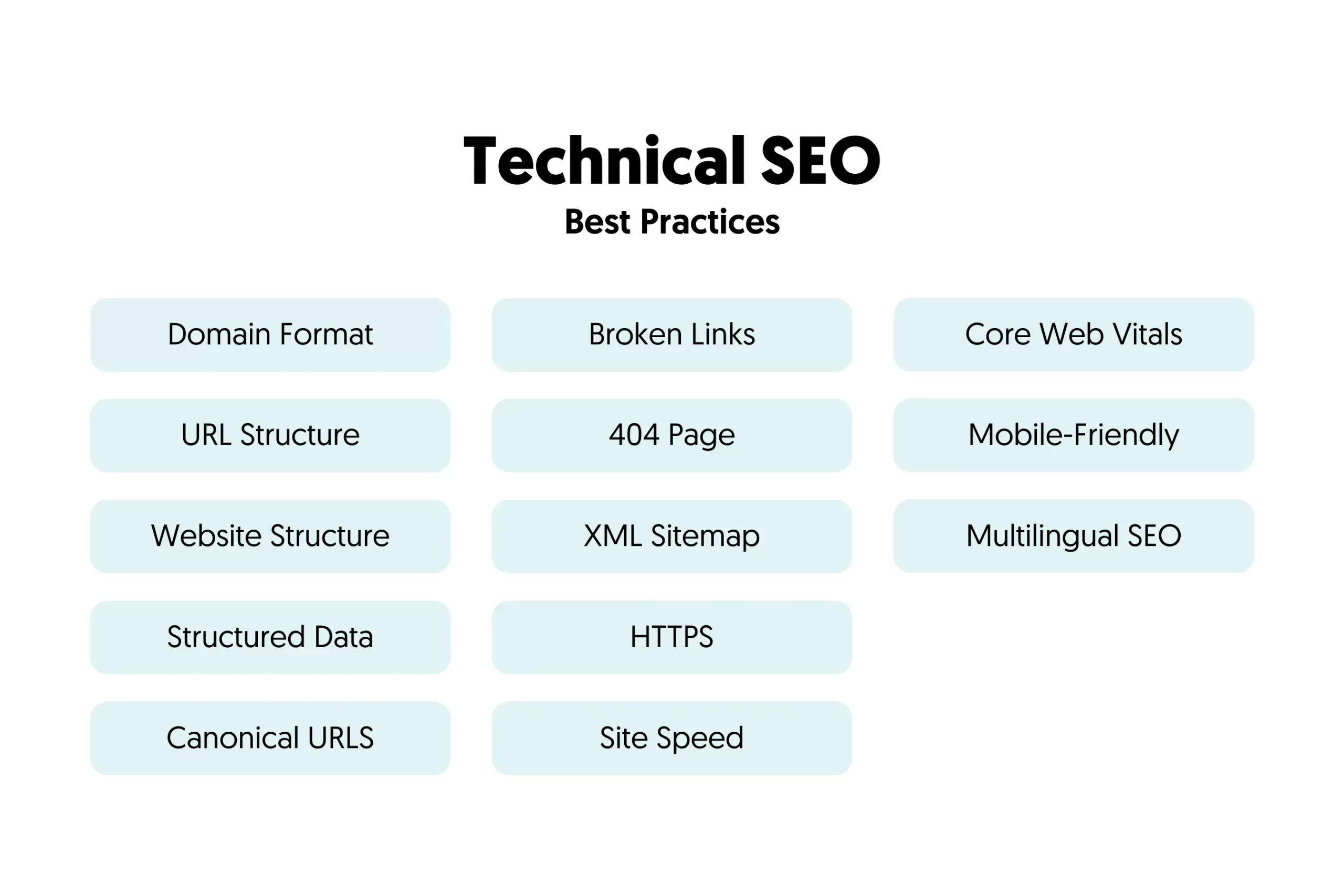
To identify and resolve technical issues, conduct regular website audits using tools like Google PageSpeed Insights and Google Search Console. Address issues such as optimizing images for faster loading times, implementing responsive design for mobile-friendliness, and fixing broken links.
2. Content Quality and Relevance
High-quality, relevant content is essential for SEO success as it attracts users and signals to search engines that your website is a valuable resource. The picture below is taken from Semrush news article which shows importance of a quality content marketing strategy.

Thin content, keyword stuffing, and duplicate content are common content-related factors that may hinder SEO progress. Create comprehensive, well-researched content that addresses the needs and interests of your target audience. Avoid keyword stuffing and ensure that each piece of content is unique and valuable.
3. Backlink Profile
Backlinks are a crucial ranking factor in SEO as they signal to search engines the authority and credibility of your website. Issues such as low-quality backlinks, spammy links, and a lack of backlinks can hinder SEO progress. Focus on acquiring high-quality, relevant backlinks from authoritative websites through strategies such as guest blogging, outreach, and content promotion.
Backlink.io ran a huge comparison about how number of backlinks impact the website ranking and results are shocking.

4. On-Page Optimization
On-page optimization refers to optimizing individual web pages to rank higher and earn more relevant traffic in search engines. Common on-page optimization issues include improper use of title tags and meta descriptions, missing alt tags, and poor URL structures. Optimize on-page elements by incorporating relevant keywords, writing compelling meta descriptions, and optimizing images with descriptive alt tags.
Semruch has a tool named On page SEO Checker which can be used to get on page ideas and opportunities to make your website optimized.
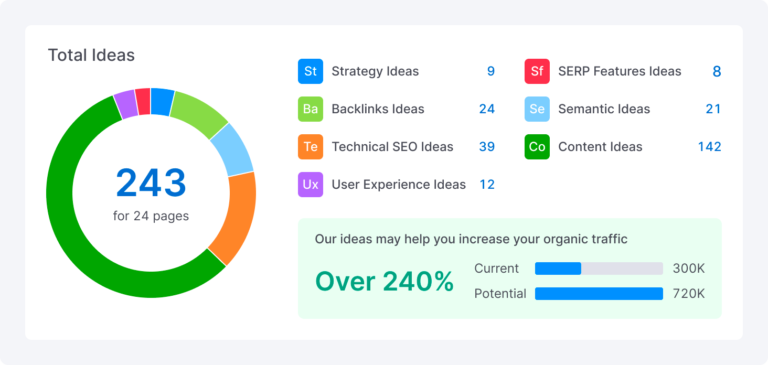
5. User Experience
User experience (UX) is increasingly important for SEO as search engines prioritize websites that provide a positive user experience. Poor website navigation, intrusive pop-ups, and slow page load times can hinder SEO progress by increasing bounce rates and decreasing user engagement. Improve UX by creating a clean and intuitive website design, minimizing intrusive elements, and optimizing page speed.
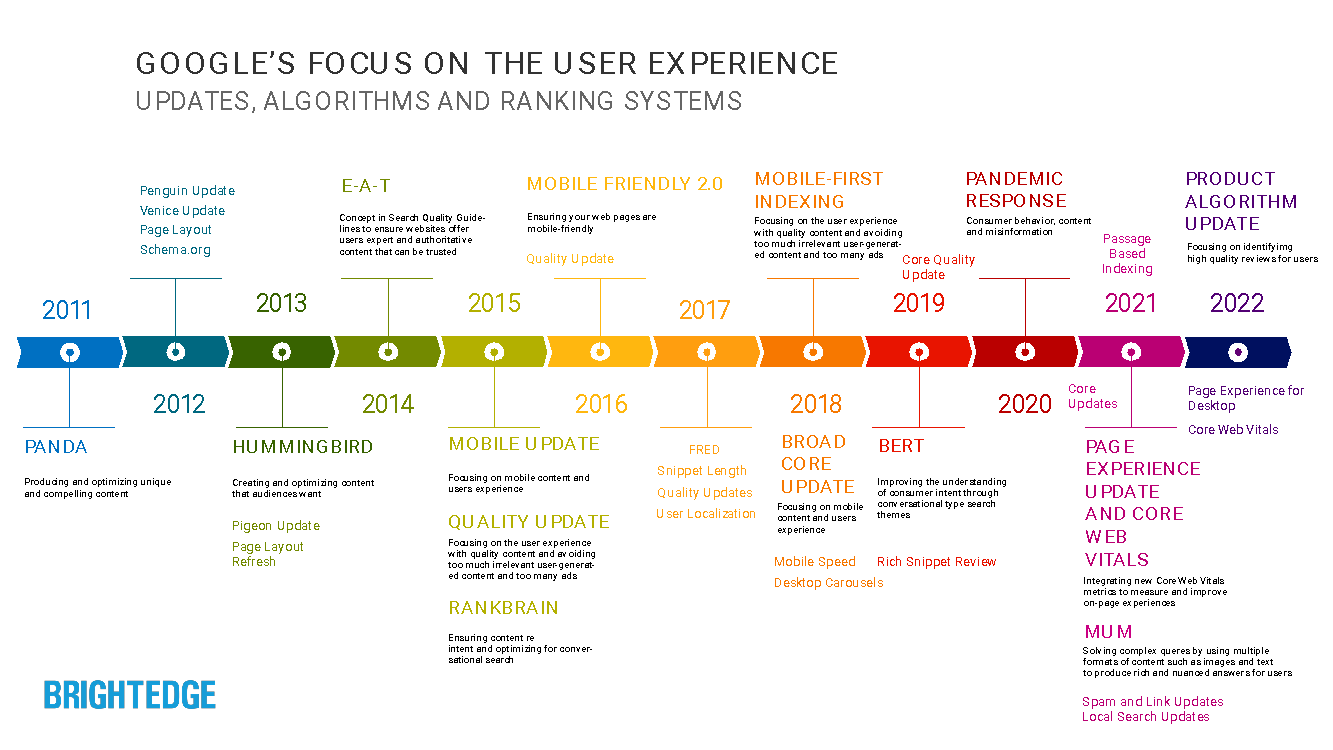
6. Local SEO Factors
Local SEO is essential for businesses targeting specific geographic areas as it helps them appear in local search results. Issues such as inconsistent NAP (Name, Address, Phone Number) information and lack of Google My Business optimization can hinder local SEO progress. Optimize local SEO by ensuring consistent NAP information across all online directories, claiming and optimizing your Google My Business listing, and soliciting customer reviews.
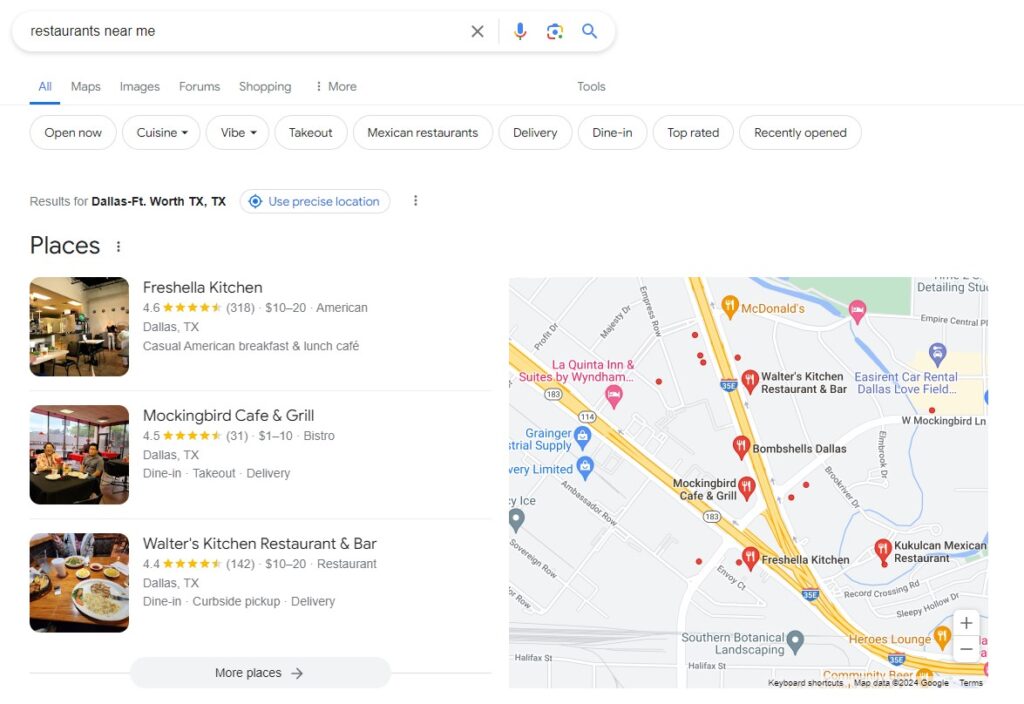
The Bottom Line
In conclusion, several factors may be hindering your website’s SEO progress, but by addressing technical issues, improving content quality and relevance, optimizing your backlink profile and on-page elements, enhancing user experience, and optimizing for local SEO, you can overcome these challenges and achieve better SEO results.
Encourage readers to assess their SEO efforts and address any factors that may be hindering progress. Remind them that SEO is an ongoing process that requires regular monitoring and optimization.
Frequently Asked Questions
1. What are the most common technical issues that can impact SEO progress?
Common technical issues include slow page load speed, mobile optimization issues, and broken links. These issues can hinder SEO progress by affecting user experience and search engine crawlability.
2. How important is content quality and relevance for SEO?
Thin content, keyword stuffing, and duplicate content can hinder SEO progress, while creating comprehensive, well-researched content that addresses the needs and interests of your target audience can improve SEO performance.
3. What strategies can I use to improve my website’s backlink profile?
To improve your website’s backlink profile, focus on acquiring high-quality, relevant backlinks from authoritative websites through strategies such as guest blogging, outreach, and content promotion. Or contact us to get these quality services in affordable prices.






